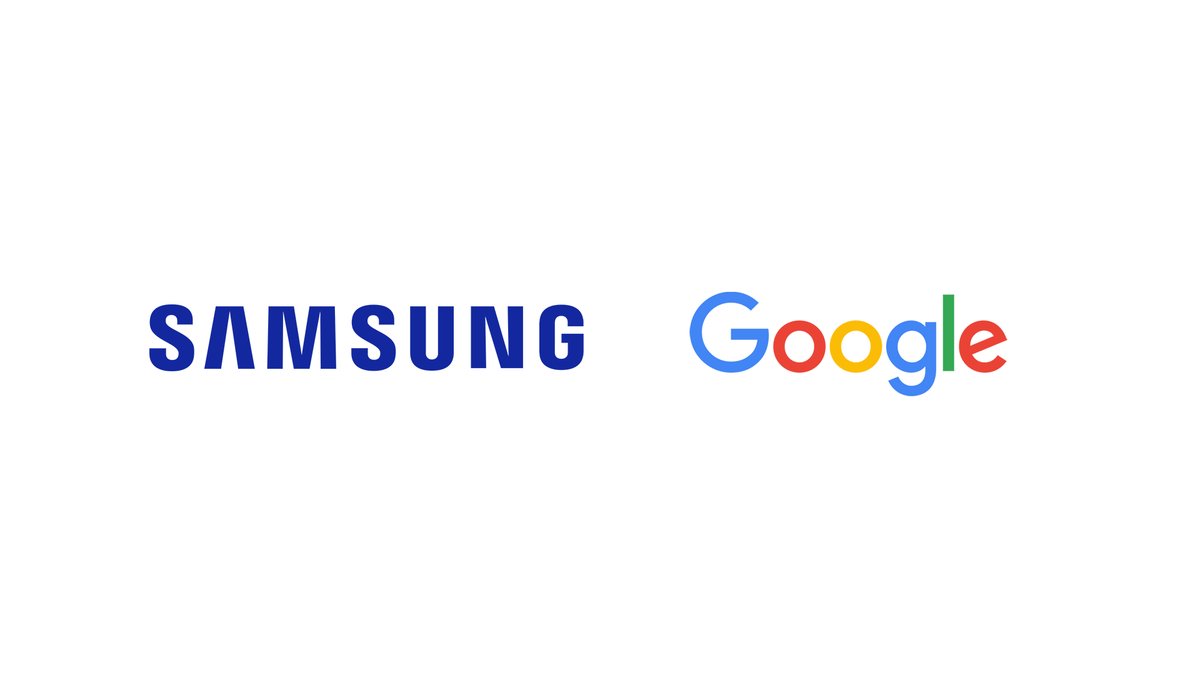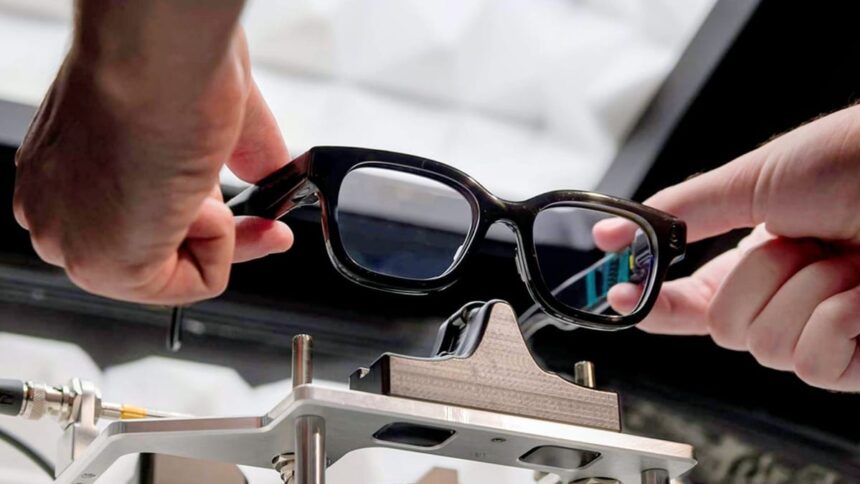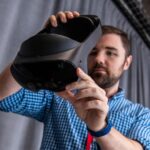Magic Leap and Google have prolonged their partnership by 3 years, and confirmed a HUD glasses reference design in Saudi Arabia at the moment.
Magic Leap was one of the hyped startups of the 2010s, with grand teases of bringing true augmented actuality to the world backed by greater than a billion {dollars} in funding.
In 2018 it lastly launched a product, Magic Leap One, the primary true AR headset bought to customers. However its $2300 worth and the slim area of view inherent to shippable clear optics (even at the moment) meant it fell considerably in need of gross sales expectations. The Data reported that Magic Leap’s founder, the CEO on the time, initially anticipated it to promote over a million items within the first 12 months, however in actuality it bought simply 6000 items within the first six months.
In late 2019, round 16 months after launch, Magic Leap pivoted its technique to enterprise and launched a brand new $3000 bundle with enterprise guarantee and help.
In late 2022 it launched Magic Leap 2 at $3300, targeted on enterprise, leapfrogging HoloLens 2 with a taller area of view, brighter shows, and distinctive dynamic segmented dimming.
This brings you on top of things on the corporate earlier than the Google partnership, which you’ll be able to examine in the remainder of the article.
Google was an preliminary investor in Magic Leap, main a $542 million funding spherical again in 2014. Google CEO Sundar Pichai additionally joined the Magic Leap board on the time, however he stepped down in 2018, saying his schedule was too busy.
Final 12 months, the 2 corporations introduced a “multi-faceted, strategic know-how partnership” to mix Magic Leap’s “management in optics and manufacturing” with Google’s “know-how platforms”.
Magic Leap And Google Announce AR Partnership
Magic Leap and Google have entered a “multi-faceted, strategic know-how partnership” for AR units.
Now, Magic Leap and Google have prolonged their partnership by a 3 12 months settlement.
“Magic Leap’s optics, show programs, and {hardware} experience have been important to advancing our Android XR glasses ideas to life,” stated Shahram Izadi, Google’s VP of XR, in a ready assertion. “We’re lucky to collaborate with a group whose years of hands-on AR improvement uniquely set them as much as assist form what comes subsequent.”
The 2 corporations additionally confirmed off HUD glasses on stage at Saudi Arabia’s Future Funding Initiative Institute occasion at the moment, which they describe as a prototype and reference design for {hardware} corporations to enter the HUD glasses market.
(Magic Leap is majority owned by Saudi Arabia.)
Magic Leap and Google’s discuss at Saudi Arabia’s Future Funding Initiative Institute.
The prototype incorporates a microLED show from Raxium, the startup which Google acquired in 2022, alongside a waveguide from Magic Leap, and the presentation noticed Google pitch the identical use circumstances it demoed at TED and I/O earlier this 12 months.
That in fact begs the query: how precisely does the Magic Leap waveguide differ from the one used within the Samsung-made prototype introduced at these conferences?
“What makes this prototype stand out is how pure it feels to look by,” Izadi stated in one other ready assertion. “Magic Leap’s precision in optics and waveguide design provides the show a degree of readability and stability that’s uncommon in AR at the moment.” That means it presents superior visible high quality.
To be clear, this isn’t a prototype of a Magic Leap 3. Magic Leap appears to have pivoted from making units to offering/licensing its waveguide know-how to others as a substitute.
Mixed with this Google partnership, the pitch right here is that any {hardware} firm can simply launch their very own high-quality HUD glasses, leveraging Magic Leap’s optics and Google’s software program, to tackle Meta Ray-Ban Show.
Meta Ray-Ban Show already does a number of the issues Google retains teasing on phases. However Gemini is inarguably extra superior than Meta AI, for now a minimum of, whereas Google Maps would provide vastly wider protection than Meta’s restricted navigation system. That’s to not say Meta doesn’t have its personal benefits, resembling integrating the most important communication platform on the planet (WhatsApp). Nevertheless it does imply Google is about to deliver critical competitors.
Samsung HUD Glasses, Powered By Google, Might Launch Subsequent 12 months
Samsung and Google plan to launch HUD glasses subsequent 12 months to tackle Meta Ray-Ban Show, South Korea’s The Monetary Information studies.

So when may we see that competitors arrive? No firm has but publicly dedicated to transport Google-powered glasses with a HUD — Google described the show as “elective” when saying the Warby Parker and Light Monster partnership — however South Korea’s The Monetary Information not too long ago reported that Samsung plans to take action subsequent 12 months.











